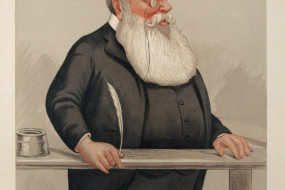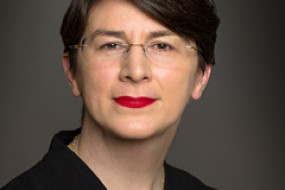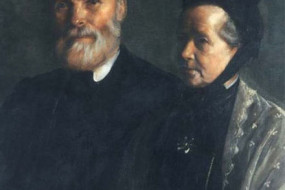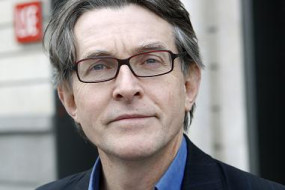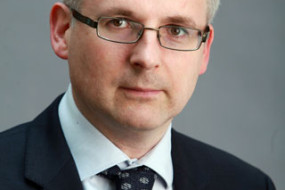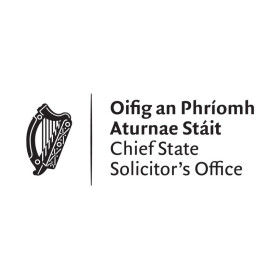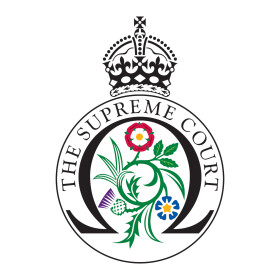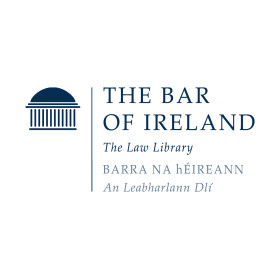On 25 October 1920, Terence MacSwiney died in London’s Brixton Prison after 74 days on hunger strike. MacSwiney was a republican poet and a playwright who was elected as MP for Mid-Cork in the 1918 general election, and one of the many TDs marked as ‘fé ghlas ag Gallaibh’ (i
Blogs
Martin Burns, head of alternative dispute resolution (ADR) research and development at the Royal Institution of Chartered Surveyors, reflects on rule changes in the Northern Ireland courts. The High Court of Justice in Northern Ireland has issued a game-changing Practice Direction which affects all
Brendan Slattery, partner and head of environment and planning at McCann FitzGerald, considers recent court challenges to strategic housing developments. Last week, the third strategic housing decision to be challenged in the courts was quashed. Cairn Homes had its planning permission for 217 homes
Ronan Daly Jermyn partner Sean O'Reilly and Adam McCarthy consider the implications of smart contracts. There is a great deal of excitement surrounding smart contracts. Smart contracts have the potential to be traceable, transparent, and irreversible. As for security, they can record an indisputable
Richard Pigott was a journalist who worked with several nationalist newspapers across the island of Ireland, including the Ulsterman and the Nation. For most of his life, Pigott appeared to support the Fenian movement and had been imprisoned for seditious libels on the government during his career.
Mark O'Shaughnessy, partner in the litigation and dispute resolution team at ByrneWallace, writes on defamation and social media. 68% of Irish businesses have a social media account. Multiple tweets and Facebook posts are published by and about these businesses on a daily basis.
Employment law solicitor Richard Grogan of Richard Grogan & Associates clarifies some key points on the law of disability discrimination. The issue of disability discrimination arose in a case of Houses of the Oireachtas and Thomas Hickey EDA1918, where the Labour Court addressed this issue.
Karyn Harty, partner in dispute resolution and litigation at McCann FitzGerald, considers the impact of defamation reform in Britain on litigation in Ireland. Earlier this year, Newsbrands Ireland, the group representing many of Ireland’s newspaper titles, launched a campaign calling for refor
John Dugdale, associate at A&L Goodbody in Belfast, writes on the latest legal developments concerning "smash & grab" adjudications. So-called "smash & grab" adjudications have been the subject of much debate in the construction industry in the last 18 months. This follows the case of S&
Niall Neligan, lecturer in criminal law and drug policy regulation at the School of Law, Languages & Social Sciences at Technological University Dublin, contributes to the debate around cannabis and the law. For those of us who approach the subject of cannabis from the regulatory perspective, we
The Garda Síochána Act 1958 provided for the admission of women to membership of An Garda Síochána, and this month marks the 60th anniversary of women joining An Garda Síochána. However, the 12 Ban Ghardaí appointed on 10 July 1959 were not the first
The flexibility of the British constitution, once thought to be such a strength, has played a large part in destroying the country. In this edited version of a recent lecture delivered in Cambridge, Professor Conor Gearty (LSE) explains why he now believes more than ever that only the experience of
The long standing test concerning the legal possession of land has been challenged in the landmark case of Thorpe v Frank [2019] EWCA Civ 150, writes Stuart Nevin, associate, A&L Goodbody. The Court of Appeal found that repaving a forecourt was enough to obtain possession in a claim for ‘a
Barrister Paul Anthony McDermott SC comments on changes to the perjury regime. Trust me, Ireland is soon going to become a more honest place. It has been announced that a new statutory offence of perjury is coming before the cabinet for approval.
Olivia O'Kane explains why journalists must be able to protect the identities of their sources In recent years, through confidential sources journalists have exposed many scandals such as the MPs expenses, the phone hacking, financial and banking impropriety, mistreatment of elderly or vulnerable pa









